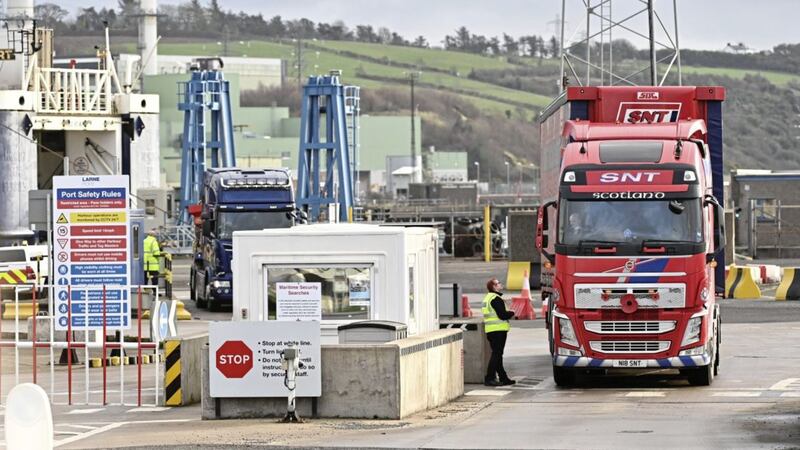I blame the Queen’s Platinum Jubilee.
I mean, there we were (well not exactly us, just thousands in Britain - oh and Sinn Féin) congratulating the Queen for 70 years on the throne, thereby highlighting “traditional British values”.
You know the sort of thing: honesty, decency, integrity and all those other wonderful attributes, which allowed the British Empire to be responsible for the deaths of an estimated 150 million colonial subjects through violence, famine and neglect over 400 years.
(That’s the point about foreigners - they never quite appreciated that Britain was exploiting them in the interests of integrity. How ungrateful can you get?)
Anyway, in the middle of this mass devotion to morality, virtue and a straight bat in cricket, Conservative Associations across Britain were realising that their prime minister did not exactly conform to what they thought they were celebrating. (Although the DUP seemed happy enough with him).
Just when the pantomime required a villain, cue Boris, who was roundly booed for being, in fluent English, a bounder, a rotter and a cad. (The royals ensured that anyone in their ranks resembling such a description should be kept safely out of sight.)
The boos were loud enough for 148 MPs to realise their seats were in danger, prompting them to seek audience support.
The significance of this for us is that, not for the first time, Ireland’s future was being decided in England. Not consciously, of course, but in expressing half-hearted confidence in Boris, grassroots Conservatives were effectively risking an even more gung-ho approach from him on the protocol.
It is not clear how much of his proposed legislation will pass in parliament and how long it will take, but its content and speed will determine Stormont’s return.
In the meantime nationalist indignation has reached new heights. Taoiseach Micheál Martin complains of Johnson breaking international law, even though his predecessor, de Valera, gained power in 1932 by breaking the 1921 Anglo-Irish Treaty.
Mr Martin might have more reasonably argued that the way forward is for the Irish, both nationalist and unionist, to demand control of the post-Brexit arrangements, rather than leaving us as pawns in a power struggle between the UK and the EU.
He might have suggested, for example, that the protocol’s curb on the flow of goods between here and GB is an attempt by Brussels to force the UK back into the EU. The move is more political in intent and content than trade-related. The Dublin government might like to acknowledge that.
It is time for nationalists to stop being cheerleaders for the EU and to base their reasoning on economic evidence. Instead, they prefer a romantic attachment to an idealised Europe, even though the EU forced a €67.5 billion bail-out on Ireland to protect German banks just 14 years ago.
You can decide for yourself if nationalism’s claimed “Irishness” is any more rational than the jubilee’s delusion about “traditional British values”.
SF believes that the Irish Sea border will hasten a united Ireland, even though without significant unionist support, it will prove impossible. While the protocol remains, such support is highly unlikely.
As for the SDLP, it is hopefully not too impolite to suggest that, rather than acting as the EU’s bailiffs by shouting at Johnson to resign, its leadership might be more usefully engaged in preventing the party from sliding into oblivion.
They might do so by recognising that if they are in opposition, it might be time to start opposing something. Distancing themselves from the nationalist herd might be a good place to begin, by withdrawing support for restrictions on the movement of goods from GB to here.
There are more than the British who look a bit ridiculous these days in promoting fake virtue. Although (thankfully) we do not do British-style pageantry, we could occasionally have a look at ourselves regarding our delusions about moral righteousness. Reflecting on our attitudes to the protocol might be a good place to start.









